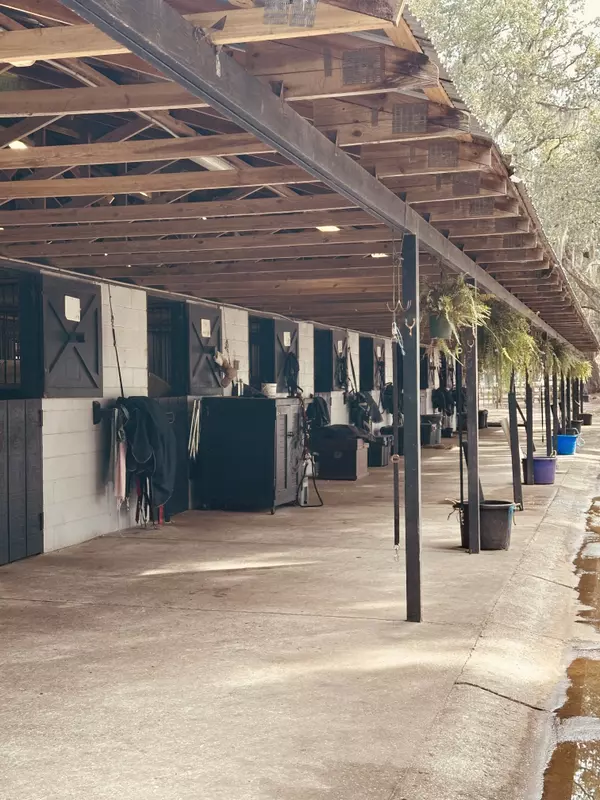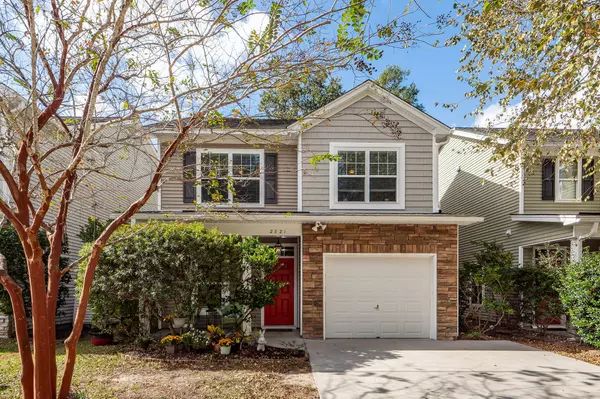A List of What Homeowners Can Do Without a Permit
As a homeowner, there'll come a time when you decide to make a change to your home. Whether it's due to some type of damage that needs to be repaired or a remodeling project you've been considering. But it's important to know which home projects require the proper permits and which don't. In this post, I'm giving you a list of six different projects that don't require a building permit.
What is a building permit?

photo by Daria Shevtsova
Building permits are legal documents local governments issue allowing you to proceed with construction on a project. These permits ensure your projects meet building code requirements that minimize potential health and safety risks for you and others.
When do I need a building permit for home improvements?
As a general guideline, anything structural, electrical, plumbing, or mechanical would require a permit. However, we're talking about major modifications in those instances. There are still a number of projects around the house that aren't considered major and won't require one.
Home improvement projects that don't require a building permit
An important note: This list is general, so the best thing you can do is check with your local regulations to be completely sure as local building codes can vary from city to city.
Replacing an existing wall or ceiling light fixture
If you're replacing an existing light fixture on the wall or ceiling with a similar fixture, you typically won't need a permit. However, if you're planning to replace or add an outlet, ceiling fan, or electrical wiring there's a strong possibility the proper permits will be needed.
Repair or replace plumbing fixtures

photo by Dominika Roseclay
Plumbing fixtures such as faucets and shower heads that are "like-for-like" replacements typically do not require a permit. However, replacing larger items may require them. Certainly, actual plumbing pipes and any fixtures that didn't previously exist will most likely require permits.
Repair non-structural damage to walls and ceilings.

photo by Ksenia Chernaya
When it comes to remodeling your home, you'll likely need a permit for any project that could affect the structure of your building. But if you're just repairing non-structural damage—like cracks or holes in drywall or paneling, water stains on ceilings, broken moldings and trim—these fixes don't require the same level of oversight. The key here is "non-structural." If your repair will affect the structural integrity of your house (for example by replacing supporting beams), then you'll need a permit and probably a licensed contractor first before starting work on this type of project.
Install replacement windows

photo by Ksenia Chernaya
If you replace any of your windows, they must be the same size and design as the ones being replaced. If they don't operate in the same way as their counterparts did before, then they won't qualify for this exemption. Also, if the new windows are larger than your old windows, you'll need to cut larger openings to fit them and a permit is required. This guideline would include doors with windows and skylights as well.
Install new flooring

photo by Skitterphoto
Adding new flooring is one of those home improvements that can make a huge difference in the look and feel of your home. Luckily, in most cases installing new flooring is another project that won't require permits.
Installing new countertops or kitchen cabinets
New countertops or kitchen cabinets are another home improvement project that can have a big impact on the look of your kitchen. As long as the installation doesn't require modifications to the surrounding structure of the home, a permit will usually not be required.
What if I need a permit but do the work without one?
It may be tempting to jump right into a project when the mood hits. But you'd be surprised what seemingly innocent projects require the proper permits. For example, installing a fence seems like a perfectly acceptable project that doesn't meet structural, mechanical, or electrical limitations but many fences need a permit!
Too many homeowners have tried to save time and money by not getting the required permits, putting them in direct violation of city building codes. Fines and penalties from the building department and removal of the completed work are all consequences of trying to avoid the permitting process.
In addition, if you try to sell your home a few years down the road home inspections could uncover these projects, delaying the sale and causing fines, penalties, and tearing out the work and starting over. And finally, as the property owner, if your home suffers any damage related to the work done without a permit it could void coverage from your homeowners' insurance.
Conclusion
Property owners can do a lot of work in their homes themselves without the need for permits and the lengthy waits for inspections that sometimes come with them. But it's important to know the limits of what you're able to do in your home and stick to those guidelines to avoid losing time and money in the long run - even jeopardizing the sale of your home.
My best advice is, "When in doubt, check it out." if your project doesn't seem to fit any of the projects in the list above, it's best to check with your local government or to hire a contractor to ensure the job gets done right, you're in code compliance. It will be much cheaper to pay for the permit application for the type of permit you need in the long run.
 Ashley Melton, Realtor® | 843-670-2333 | Ashley.Melton@AgentOwned.com
Ashley Melton, Realtor® | 843-670-2333 | Ashley.Melton@AgentOwned.com
Categories
- All Blogs (55)
- Charleston, South Carolina (13)
- First-Time Home Buyers (13)
- Folly Beach, South Carolina (12)
- Goose Creek South Carolina (1)
- Home Appraisals (2)
- Home Buying (34)
- Home Inspections (2)
- Home Maintenance (3)
- Home Selling (14)
- James Island, South Carolina (3)
- Mount Pleasant, South Carolina (3)
- New Home Construction (1)
- Summerville, South Carolina (1)
- West Ashley, South Carolina (3)
Recent Posts











